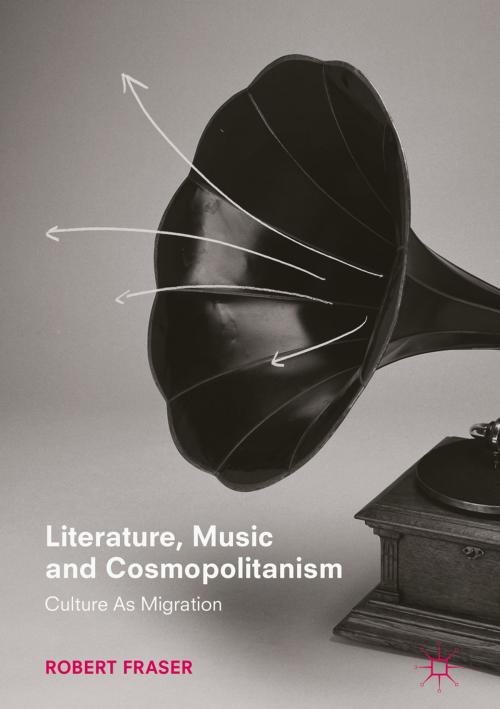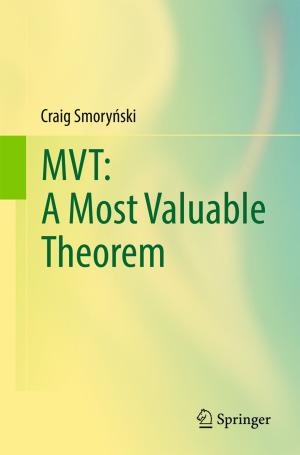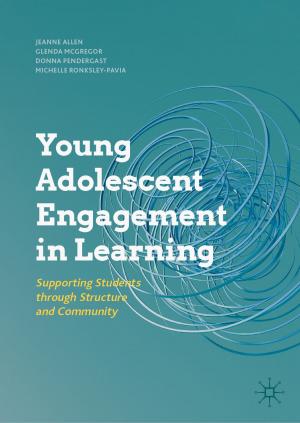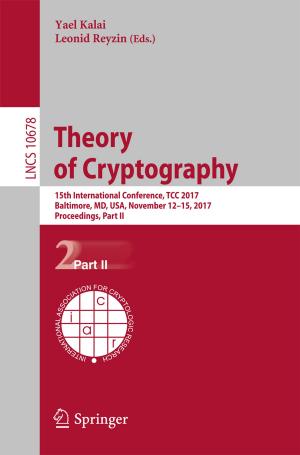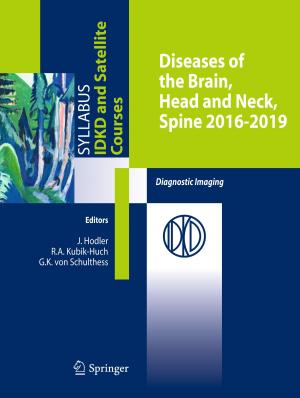Literature, Music and Cosmopolitanism
Culture as Migration
Fiction & Literature, Literary Theory & Criticism, European| Author: | Robert Fraser | ISBN: | 9783319684802 |
| Publisher: | Springer International Publishing | Publication: | January 10, 2018 |
| Imprint: | Palgrave Macmillan | Language: | English |
| Author: | Robert Fraser |
| ISBN: | 9783319684802 |
| Publisher: | Springer International Publishing |
| Publication: | January 10, 2018 |
| Imprint: | Palgrave Macmillan |
| Language: | English |
This book focuses on the twin arts of literature and music, supporting the notion that cosmopolitanism is the natural condition of all the arts, and that all culture - without exception - is migrant culture. It draws on examples ranging from the first to the twenty-first centuries AD, on locations as remote as Alexandria and Australia, on writers as different as Virgil and V.S.Naipaul, Arnold and Achebe, and on musicians as diverse as Bach and Bartok, Purcell and Steve Reich. Across thirteen chapters, the study explores the interpenetration of all forms of human expression, the fallacy of 'national' traditions and limiting conceptions of regional character. The result is an exploration of artistic and intellectual endeavour that is particularly welcome in the current political climate, encouraging us to view history in ways informed by our contemporary demographic and cultural concerns. Taken either as a series of interrelated case studies, or else as an evolving and sequential argument, this book is vital reading for scholars of music, literature, and cultural and social history.
This book focuses on the twin arts of literature and music, supporting the notion that cosmopolitanism is the natural condition of all the arts, and that all culture - without exception - is migrant culture. It draws on examples ranging from the first to the twenty-first centuries AD, on locations as remote as Alexandria and Australia, on writers as different as Virgil and V.S.Naipaul, Arnold and Achebe, and on musicians as diverse as Bach and Bartok, Purcell and Steve Reich. Across thirteen chapters, the study explores the interpenetration of all forms of human expression, the fallacy of 'national' traditions and limiting conceptions of regional character. The result is an exploration of artistic and intellectual endeavour that is particularly welcome in the current political climate, encouraging us to view history in ways informed by our contemporary demographic and cultural concerns. Taken either as a series of interrelated case studies, or else as an evolving and sequential argument, this book is vital reading for scholars of music, literature, and cultural and social history.
